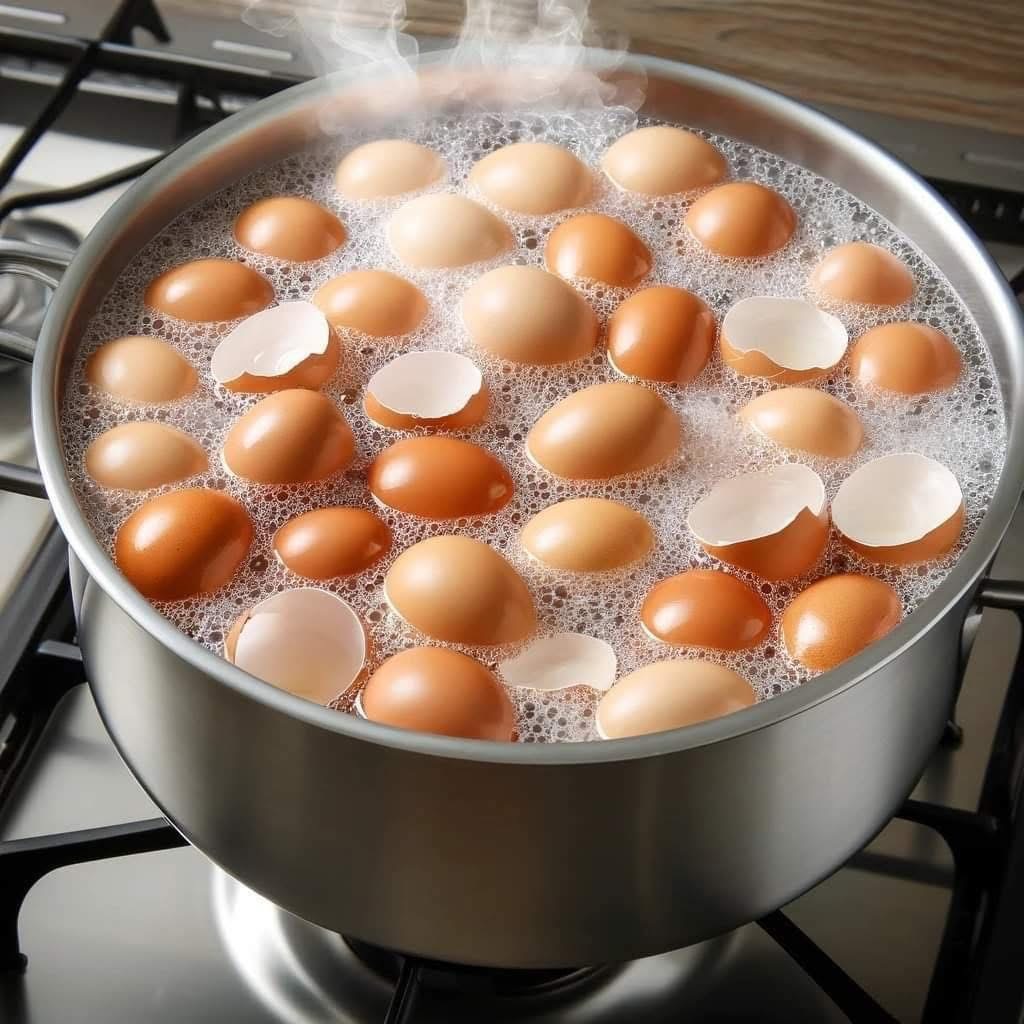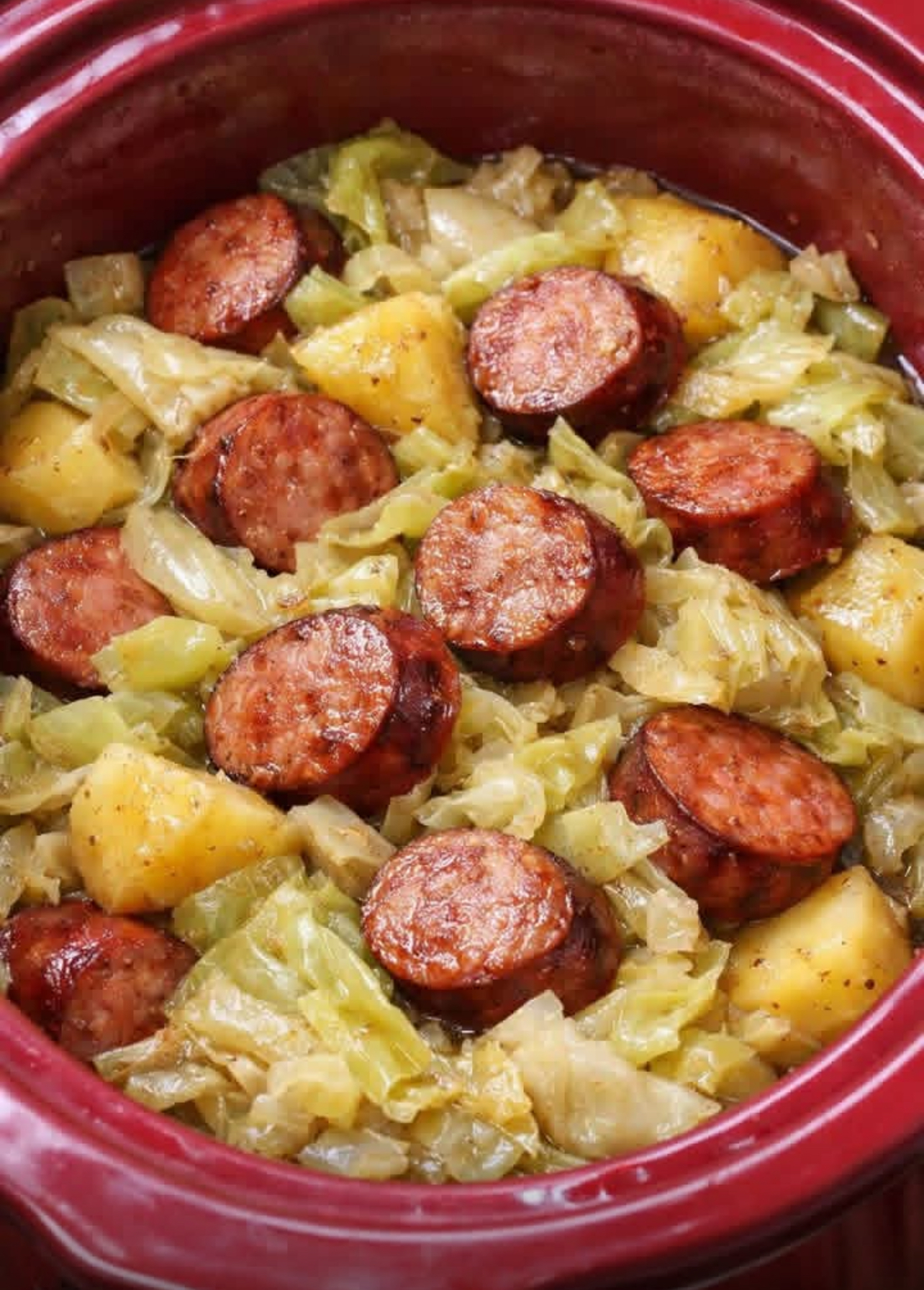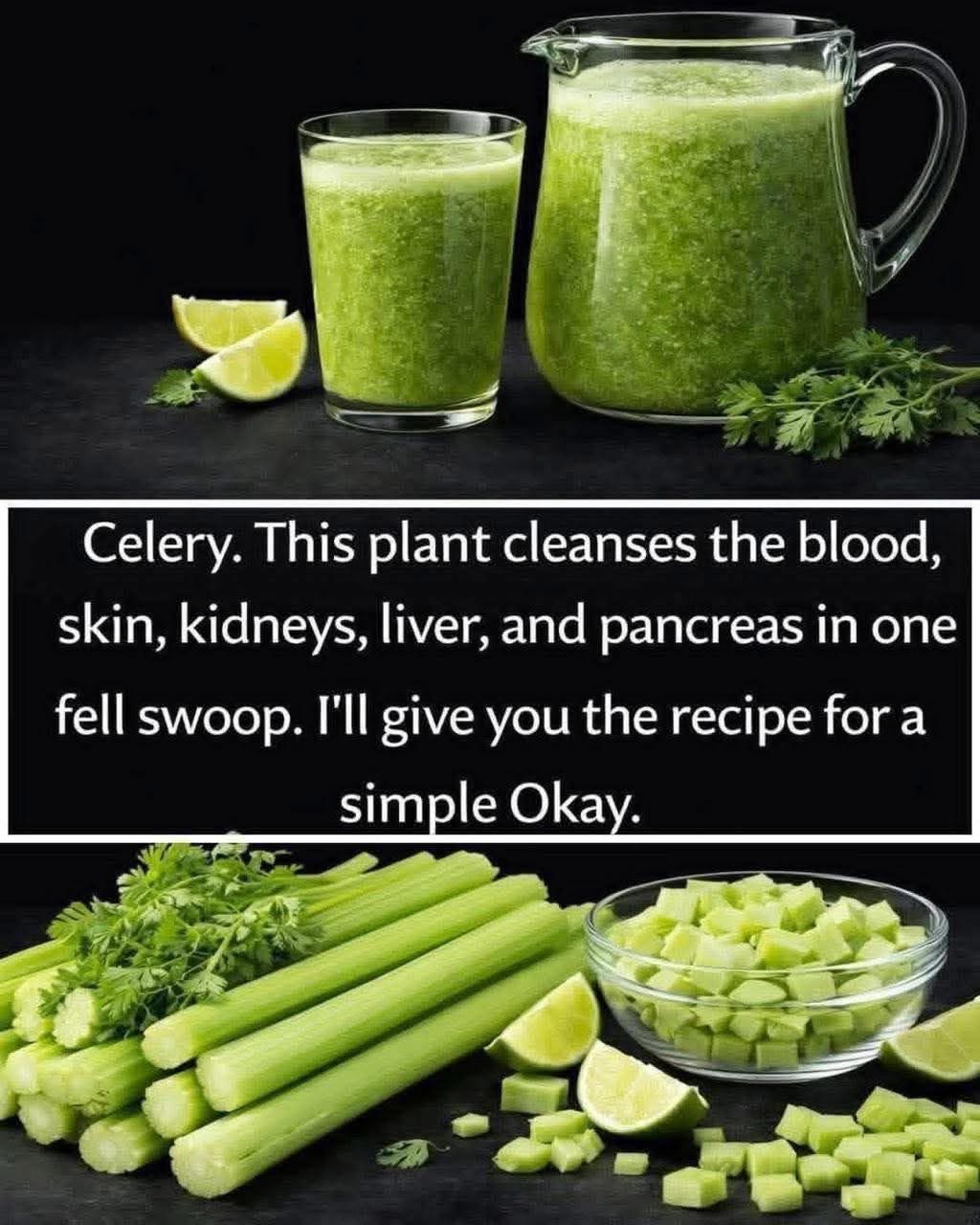The Ultimate Guide to Boiled Eggshells for Plants: A Natural Fertilizer & Pest Deterrent
Gardening enthusiasts are always looking for sustainable, budget-friendly ways to boost plant health—and one of the best-kept secrets is boiled eggshells.
Not only do they provide essential nutrients, but they also help deter pests and improve soil structure.
In this article, we’ll explore:
Why boiled eggshells are better than raw ones
The science behind their benefits
Step-by-step preparation guide
Creative ways to use them in the garden
Why Boil Eggshells Instead of Using Them Raw?
While raw crushed eggshells are commonly used in gardening, boiling them unlocks even more benefits:
✅ Sterilizes the shells – Kills bacteria like salmonella.
✅ Softens the shells – Makes them easier to crush into fine powder.
✅ Creates calcium-rich “eggshell tea” – The boiled water becomes a liquid fertilizer.
The Science Behind Eggshells for Plants
1. Calcium Boost for Stronger Plants
Eggshells are 93% calcium carbonate, a key nutrient for:
Preventing blossom end rot (common in tomatoes & peppers).
Strengthening cell walls for healthier growth.
2. Natural Pest Control
Crushed eggshells create a sharp barrier that deters:
Slugs
Snails
Cutworms
3. Balances Soil pH
Helps neutralize acidic soils, making nutrients more available to plants.
4. Improves Soil Aeration
When mixed into soil, crushed shells prevent compaction and improve drainage.
How to Prepare Boiled Eggshells for Plants
What You’ll Need:
Eggshells (from 6-12 eggs)
Saucepan & water
Strainer
Mortar & pestle (or coffee grinder)
Airtight container for storage
Step-by-Step Instructions:
1. Collect & Clean Eggshells
Rinse shells thoroughly to remove egg residue.
Let them air-dry or bake at 200°F (93°C) for 10 mins to eliminate odors.
2. Boil the Eggshells
Place shells in a saucepan and cover with water.
Boil for 10 minutes (this extracts calcium into the water).
Let cool completely.
3. Strain & Save the “Eggshell Tea”
The leftover water is now a calcium-rich fertilizer.
Use it to water plants (great for tomatoes & peppers).
4. Crush or Grind the Shells
For pest control: Crush into coarse pieces.
5 Best Ways to Use Boiled Eggshells in the Garden
1. Fertilizer “Eggshell Tea”
Use the boiled water to feed calcium-loving plants (tomatoes, peppers, broccoli).
2. Pest Deterrent Ring
Sprinkle crushed shells around plants to block slugs & snails.
3. Soil Amendment
Mix powdered eggshells into potting soil or garden beds.
4. Seed Starters
Use halved eggshells as biodegradable seedling pots.
5. Compost Booster
Add crushed shells to compost to speed up decomposition and add minerals.
Bonus Tips for Maximum Benefits
🔹 For faster breakdown, soak shells in vinegar for a week to make soluble calcium.
🔹 Combine with coffee grounds for a magnesium & calcium boost.
🔹 Store powdered eggshells in a jar for future use.
Final Thoughts
Boiled eggshells are a free, eco-friendly powerhouse for any garden. Whether you use them as fertilizer, pest control, or soil conditioner, they’re a zero-waste solution that really works.
Have you tried boiled eggshells in your garden? Share your tips below! 🌱🥚
-
Slow Cooker 4-Ingredient Sausage and Cabbage
Slow Cooker 4-Ingredient Sausage and Cabbage When it comes to comfort food that requires minimal effort but delivers maximum flavor, Slow Cooker 4-Ingredient Sausage and Cabbage stands in a category of its … Read more
-
4 Secret Uses of Clove Spice You Need to Know
Introduction:Clove tea is a centuries-old herbal remedy, cherished in traditional medicine systems like Ayurveda for its powerful therapeutic properties. This warming infusion, made from the dried flower buds of the … Read more
-
Mediterranean Celery Green Juice
Mediterranean Celery Green Juice is a refreshing green drink built around one simple vegetable: celery. It is light, hydrating, and easy to prepare, which makes it appealing for people who … Read more



